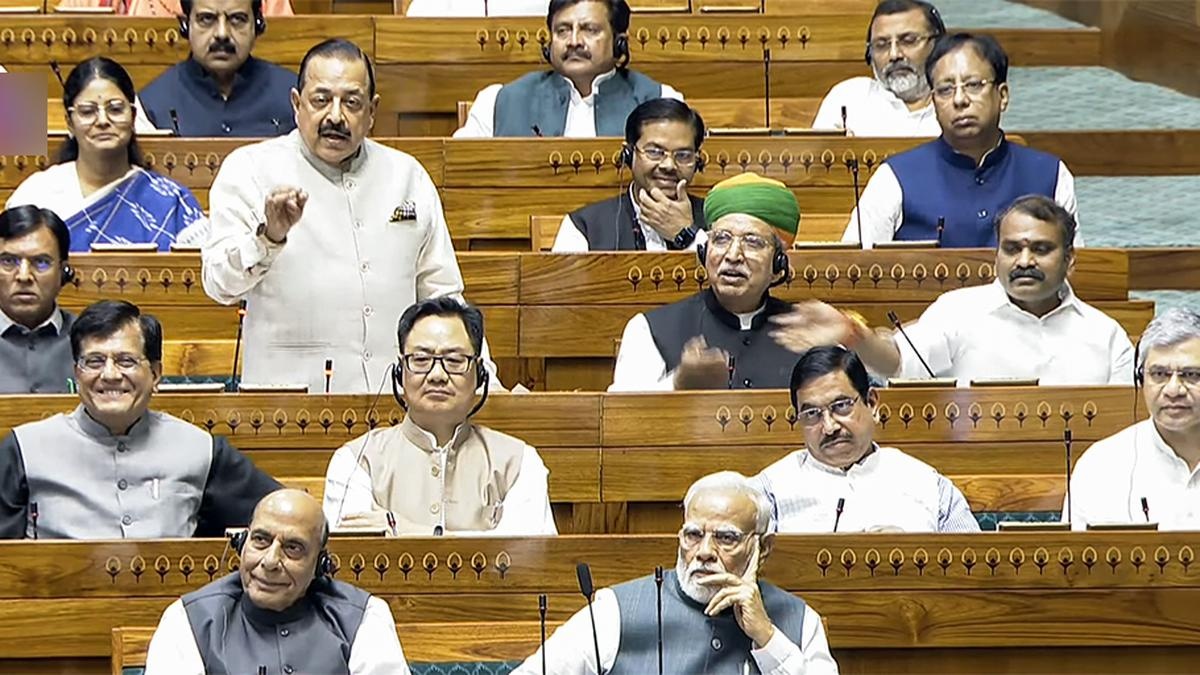
Government Introduces Special Casual Leave for Organ Donors
India’s central government has unveiled a new policy granting its employees up to 42 days of special casual leave for organ donation procedures. This initiative, announced during a Lok Sabha session on April 2, 2025, aims to support public servants who choose to donate their organs, reflecting the nation’s growing emphasis on organ transplantation and civic responsibility. Union Minister of State for Personnel Jitendra Singh highlighted the policy’s significance, stating that it aligns with the government’s commitment to promoting life-saving medical practices. The provision, effective from 2023, ensures that employees facing surgical procedures for organ donation are granted adequate time for recovery and hospitalization, without compromising their professional duties. This move underscores the government’s recognition of the critical role played by its workforce in advancing healthcare initiatives across the country.
Leave Duration and Medical Guidelines
The special casual leave entitlement is structured to accommodate the medical requirements of organ donation surgeries, which can vary in complexity and recovery timelines. According to the Personnel Ministry’s 2023 directive, the leave duration is capped at 42 days, irrespective of the type of surgery involved. The policy mandates that leave be taken in a single block starting from the day of hospital admission, though exceptions are allowed if medical professionals recommend an earlier start date. This flexibility ensures that employees can coordinate their leave with pre-operative preparations while adhering to medical guidelines. The policy also emphasizes that the duration of leave is determined by government-registered medical practitioners, ensuring alignment with clinical standards and patient care protocols.
Policy Implications and Employee Benefits
The introduction of this leave policy has sparked discussions about its potential impact on workplace culture and employee well-being. By providing dedicated time for organ donation, the government is not only supporting individual acts of generosity but also fostering a supportive environment for public servants to engage in altruistic activities. This initiative could encourage more employees to consider organ donation, thereby addressing the critical shortage of donors in the country. Additionally, the policy highlights the importance of balancing professional responsibilities with personal health and societal contributions. Experts suggest that such measures can enhance employee morale and reinforce the government’s role in promoting public health and social welfare initiatives.
Implementation and Compliance Measures
The Personnel Ministry has outlined strict guidelines to ensure the policy’s effective implementation, emphasizing the need for transparency and adherence to medical recommendations. Employees are required to submit documentation from certified healthcare professionals to claim the leave, ensuring that the process is both rigorous and fair. The ministry has also mandated that departmental heads monitor compliance with the policy to prevent misuse or delays in granting leave. This structured approach aims to maintain the integrity of the program while ensuring that eligible employees receive the necessary support. The policy’s success will depend on clear communication, administrative efficiency, and a culture of empathy within government institutions.
Broader Impact on Organ Donation Rates
Analysts believe that this policy could contribute to a significant increase in organ donation rates by addressing one of the primary barriers—work-related constraints. By removing the financial and logistical burdens associated with taking time off, the government is enabling employees to prioritize their health and societal contributions without compromising their careers. This initiative aligns with global efforts to promote organ donation, where supportive policies play a crucial role in bridging the gap between potential donors and recipients. As the policy is rolled out, its long-term impact on both public health and workplace dynamics will be closely monitored, offering insights into the effectiveness of such measures in fostering a culture of generosity and civic duty.



